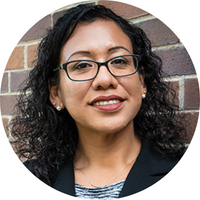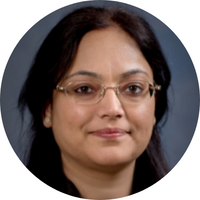
"...You have to clearly state what you actually did in your research."
I love this question. I have helped so many undergrad and graduate students with this topic especially when it comes to information on their resumes. Research is research, and if you have done research then you have skills that you will want employers to understand as relevant job experience. As an applicant, you have to clearly state what you actually did in your research.
Here is an example to help illustrate this point, I have seen on a resume “Isolated novel compound after 12-step synthesis.” This 6-word statement tells the resume reviewer (me) nothing about what the person actually did – it doesn’t give me any insights about the skills this person is bringing to the table. Maybe this person was able to reduce the number of steps from 20 down to 12, saving time and money? It would be great if they offered this context. Maybe they came up with a new synthetic route based on literature search that increased the overall yield from previous work? How was the isolation done? Does this person have chromatography skills? Did the researcher characterize their own material or send it to another group? I wonder if this person knows how to do spectroscopy for characterization.
In the example, a 6-word statement could be translated into 6 bullet points that give insight and context into the person's research skills, their ability, and how they solve/think about technical problems. If you're fresh out of school and applying for a job, I encourage you to take another look at the statements on your resume. If someone didn’t know you, would they be able to understand your skills? This is a very important exercise to do for resumes and also when preparing for interviews. Good luck!

"Use the Highlight or Summary section to show how your educational and research experience is relevant to the job. "
Your resume is the ideal place for framing your undergraduate or graduate work as it pertains to the position you are applying for. Use the Highlight or Summary section to show how your educational and research experience is relevant to the job. Use short fact-based bullets to demonstrate cost savings, working with multi-departmental groups or specialized techniques or area of chemistry as it relates to the position you are applying for. Remember your education prepares you to solve problems which is what companies are looking for. Reinforce your educational and research background again during the interview process.

"It is important to list out any awards, internships, or externships along with any work completed under corporate-university collaborations..."
It is important to review the requirements of the job opening to identify the key areas of expertise listed in the post and their relevance to the research work conducted at the undergrad or graduate level. Listing out the research work is valuable and more importantly highlighting the impact of the work in a clear, concise way such that it gets the most attention during resume screening. This doesn’t have to be limited to the experiments conducted but also any presentations or seminars delivered at conferences along with published articles in journals or periodicals. It is important to list out any awards, internships, or externships along with any work completed under corporate-university collaborations if there’s an opportunity to do so. List references to whom employer(s) can reach out to get input on the research work.
This article has been edited for length and clarity. The opinions expressed in this article are the author's own and do not necessarily reflect the view of their employer or the American Chemical Society.
ACS Career Consultants are experts and leaders working in the field of chemistry who have volunteered to support other ACS members’ career development through one-on-one career counselling. They can stimulate your thinking, ask important career planning questions to help clarify goals, provide encouragement, teach strategies for making meaningful career decisions, and aid you in your job search. Connect with an ACS Career Consultant today!
Copyright 2022 American Chemical Society (All Rights Reserved)










